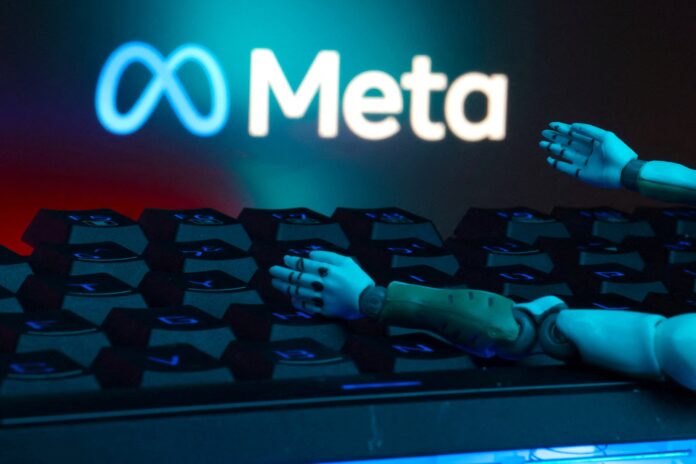April 4th 2025 — Meta has officially unveiled its Llama 4 family of open-source AI models, marking a major step forward in the company’s pursuit of AI dominance. The release includes three distinct models — Scout, Maverick, and Behemoth — each tailored for different performance tiers and use cases, aiming to directly challenge leading offerings from OpenAI and Google.
A New Generation of Llama Models

Meta’s Llama (Large Language Model Meta AI) series has been steadily evolving since its debut, with Llama 3 making significant waves in the open-source AI community. The newly released Llama 4 models promise improved reasoning, faster response times, and more nuanced understanding of context, all built upon the lessons learned from earlier iterations.
Here’s a breakdown of the trio:
-
Scout: The most lightweight of the group, Scout is optimized for speed and efficiency. It’s ideal for on-device and edge computing scenarios where power and memory are limited. Developers and enterprises looking for fast, privacy-focused AI assistants on mobile and IoT devices will likely gravitate toward this model.
-
Maverick: The mid-tier model strikes a balance between performance and resource usage. Maverick is suited for a wide range of commercial applications — from chatbots and virtual agents to content generation tools. It’s designed to be fine-tuned easily for industry-specific applications.
-
Behemoth: As the name suggests, Behemoth is the heavyweight contender. With billions of parameters and state-of-the-art capabilities in reasoning, coding, and creative writing, it’s positioned as Meta’s answer to OpenAI’s GPT-4 Turbo and Google’s Gemini 1.5 Ultra. Meta claims Behemoth outperforms competing models in several benchmark tests, including MMLU and BigBench.
Open-Source, Strategic Advantage
A key differentiator for Llama 4 is Meta’s continued commitment to open-source distribution. While OpenAI and Google maintain more closed ecosystems, Meta offers researchers and developers extensive access to the weights and architecture of its models. This strategy has fueled rapid adoption and innovation in academic and enterprise circles, allowing others to build powerful AI applications without starting from scratch.
Mark Zuckerberg, Meta’s CEO, commented during the launch:
“We believe the future of AI should be open. With Llama 4, we’re enabling developers around the world to build responsibly, innovate faster, and unlock new possibilities.”
Competing in an Intensifying AI Arms Race
The Llama 4 launch comes at a time when competition in the AI landscape has never been more fierce. OpenAI recently announced updates to its GPT series with enhanced memory and multimodal capabilities, while Google continues expanding its Gemini line with deep integrations into its cloud ecosystem.
Meta’s Llama 4 family represents not just a technological leap, but a strategic move to cement its place in the AI hierarchy. By offering scalable models and fostering a robust open-source ecosystem, Meta is positioning itself as a serious contender in both consumer and enterprise AI markets.
Looking Forward
With Scout, Maverick, and Behemoth now available to the public, developers and businesses have more options than ever to harness powerful language models tailored to their needs. Whether Meta’s open-source philosophy will translate into long-term leadership remains to be seen, but one thing is clear: the race to define the future of AI is far from over — and Meta is all in.












































